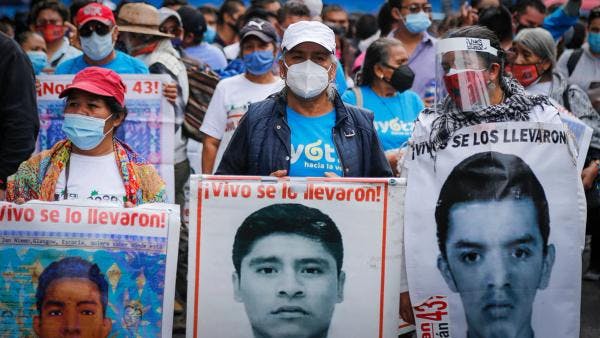GuillermoGphoto - Shutterstock
Deeply flawed drug policies need urgent reassessment
There is growing recognition that the war on drugs has proven to be a complete failure in achieving a drug-free world and reducing the size and power of illegal drug markets. Instead, punitive policies have led to human rights violations, harmed the health of millions, and undermined global security, economy, and social fabric. This punitive approach restricts access to essential pain relief medications and prevents drug users from accessing basic healthcare services. Here we are in the 21st century, and an alarming 80% of the world’s population does not have access to essential pain medications.
In 2019, the U.N. Commission on Narcotic Drugs convened in Vienna and issued a ministerial declaration for the next 10 years to strengthen actions at all levels and accelerate the implementation of joint commitments to address the world drug problem. A “midterm” review of the declaration is set for 2024 to evaluate the progress made and ensure ongoing alignment with the objectives.
Nearly five years later, the results are brutally discouraging, which is why this review is so important. To move forward, we need a transparent and evidence-based analysis of reality. We should also assess the recent progress made by U.N. organisms like the General Assembly, the Commission on Narcotic Drugs and the Human Rights Council. The midterm review in 2024 is an opportunity to define a drug policy aligned with the 2030 sustainable development goals and consistent with human rights, the right to health, and the right to economic, social, cultural and political development.
Throughout my career as a lawyer, judge of the Inter-American Court of Human Rights, Peruvian government minister, and human rights expert, I have personally witnessed how punitive drug control efforts in Latin America and around the world have driven violence and mass incarceration. This impact is especially harsh on women, racial and ethnic minorities, and people living in poverty. Moreover, drug prohibition has eroded the traditional, cultural, and ancestral rights of Indigenous peoples, especially in coca-growing regions.
Ahead of the 2024 midterm review, the International Drug Policy Consortium (IDPC) released its own report on December 5 with an evaluation of the outcomes of the 2019 ministerial declaration. The forceful report presents solid evidence that drug policies have failed to effectively prohibit and eradicate illegal drug markets, and their connection to citizen insecurity, violence and organized crime. As a member of the Global Commission on Drug Policy, I am proud to contribute to the IDPC’s work on drug policy.
Regions
Related Profiles
- International Drug Policy Consortium (IDPC)
- Global Commission on Drug Policy
